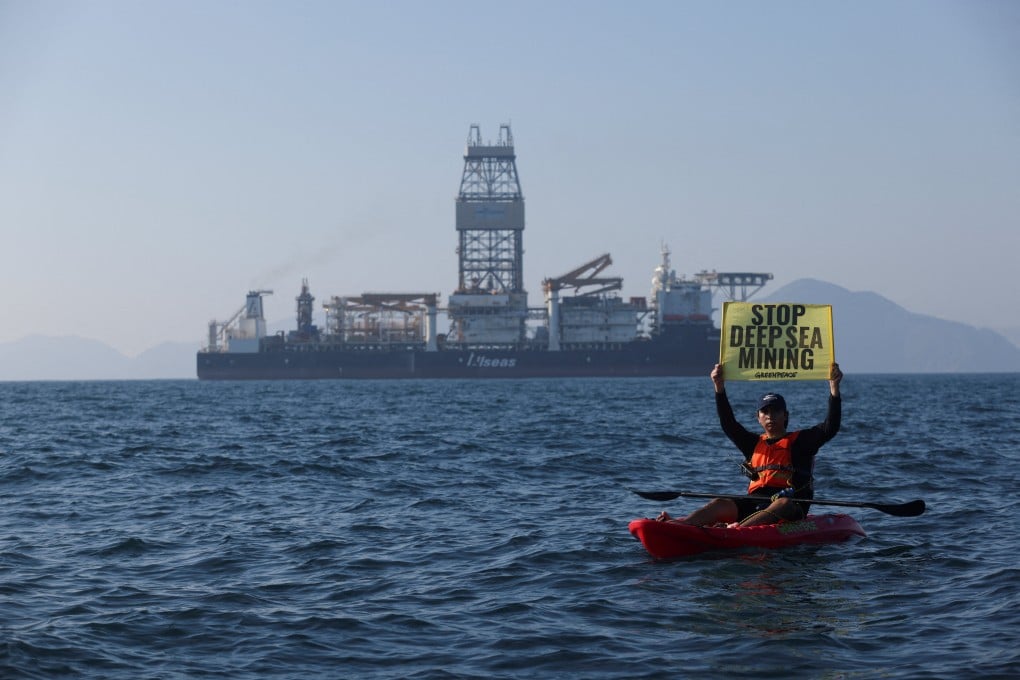The View | World’s oceans need protection before deep-sea mining frenzy wreaks permanent damage
- The failure of negotiations over how to safeguard ocean health and achieve equitable sharing of mining profits has opened the door to new projects
- The intergovernmental agency in charge of the world’s seabeds now must consider and provisionally approve any mining requests, making regulation all the more urgent

In June 2021, Nauru applied to the International Seabed Authority (ISA) for a mining permit on behalf of Nauru Ocean Resources Inc (NORI), a subsidiary of Canadian firm Metals Company, triggering an obscure provision under the United Nations Convention on the Law of the Sea that gave the ISA two years to establish some rules and regulations before the start of mining.
Unfortunately, the high-stakes ISA deliberations currently under way in Jamaica are floundering in their last days. The ISA counts 168 countries plus the European Union as members and exerts exclusive jurisdiction over half the earth’s surface.
Sharp, far-ranging disagreements remain. Negotiators are sparring over how to safeguard ocean health and achieve equitable sharing of mining profits among all nations as joint owners of our “common heritage”. Some hope a draft compromise will be ready for the authority’s November meetings.
These divisions differ from the familiar tensions between the Global North and Global South or those between China and the West playing out in other geopolitical arenas. The 14 countries sponsoring exploration or research contracts – Britain, China, Russia, South Korea, India, France, Poland, Brazil, Japan, Jamaica, Belgium, Nauru, Tonga and Kiribati – want a legal framework so deep-sea mining can start soon.

